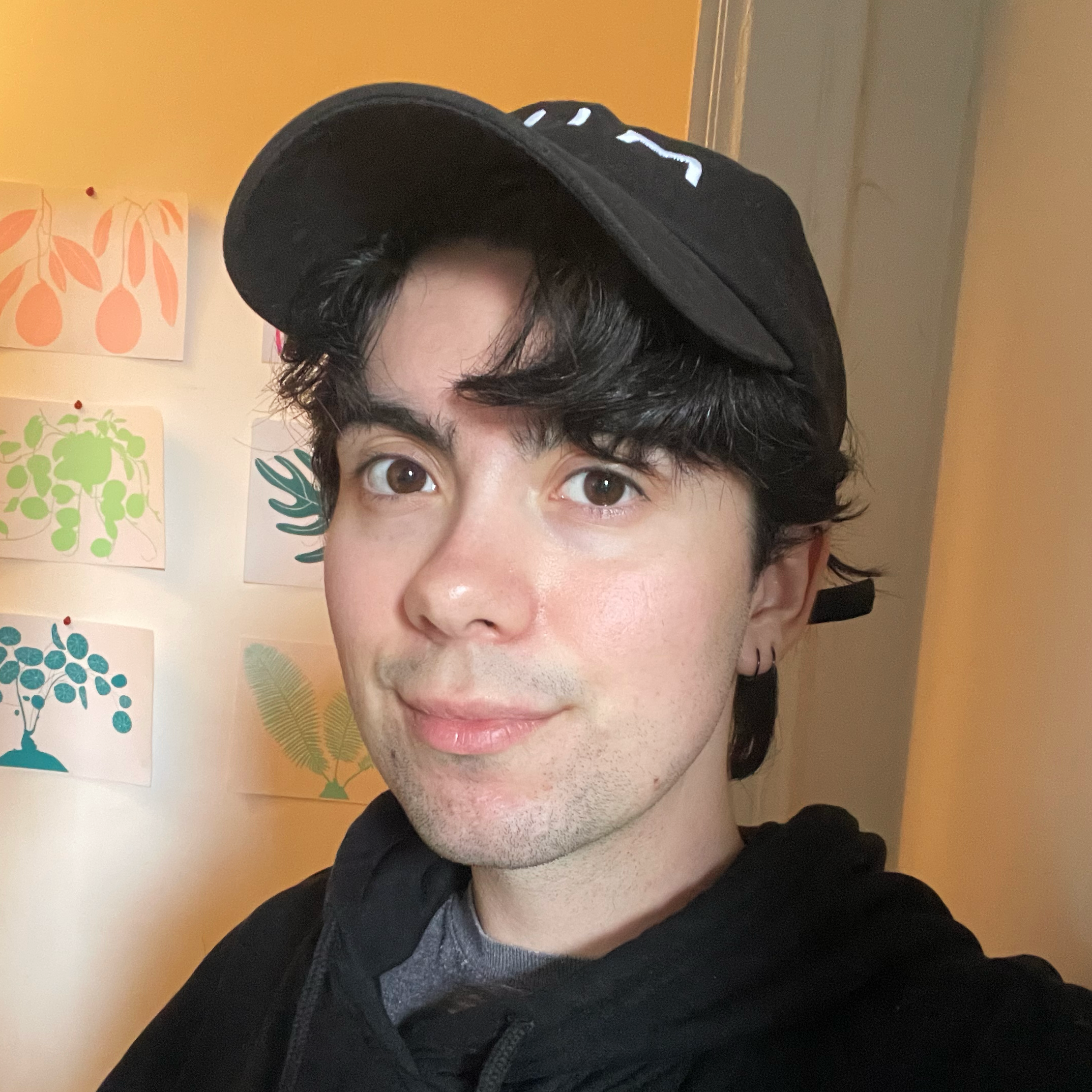ABOUT CIRAC
The Concordia Indigenous Research Advisory Circle (CIRAC) will provide high-level strategic guidance and expertise to the Office of the Vice-President Research, Innovation and Impact (OVPRII) and relevant research initiatives, ensuring that Indigenous research, research-creation, and research training at Concordia University are conducted respectfully, centering Indigenous peoples and perspectives. This includes aligning efforts with the goals and recommendations outlined in:
Concordia University’s Indigenous Directions Action Plan (2021)
The Truth and Reconciliation Commission’s Calls to Action (2015)
Universities Canada’s Principles on Indigenous Education (2015)
The Canada Research Coordinating Committee’s Setting new directions to support Indigenous research and research training in Canada (2019-2022, extended to 2026)
Mandate:
The CIRAC shall be responsible for the following:
Providing strategic advice and recommendations to the OVPRII on matters related to Indigenous research, scholarship, and knowledge mobilization, such as programs, policies, and guidelines and processes.
Reviewing and assessing progress made in achieving the goals related to Indigenous research and research training in the Indigenous Directions Action Plan.
Offering guidance on research projects, initiatives, and partnerships that involve or impact Indigenous communities, ensuring they align with ethical and culturally sensitive research practices.
Membership:
The CIRAC will comprise a diverse group of individuals, including Indigenous and non-Indigenous researchers from the Indigenous Futures Research Centre (IFRC), with expertise in various areas relevant to Indigenous research. It will also include knowledge holders from First Nations, Métis, and Inuit communities.
Appointment:
Members will be appointed for a renewable term of 3 years, following a nomination and selection process facilitated by the OVPRII in collaboration with the Indigenous Futures Research Centre and existing CIRAC members.
ABOUT DATA GATHERING
Data gathering methods will include an email survey and face-to-face interviews with Concordia-affiliated individuals: Indigenous community members, Elders, Knowledge Holders, students, faculty, staff, and non-Indigenous people who work with community to ensure this process is done respectfully and collaboratively. This data will inform CIRAC’s structure, operations, and priorities, ensuring it meets community needs and aspirations. A report on the findings will be shared in early 2026.
ABOUT TEAM
Dr. Mel Lefebvre
CIRAC Lead
Kakwa Dr. Mel Lefebvre (she/they) is a Two-Spirit Michif, Nehiyaw, French, Irish professor of First Peoples Studies at Concordia University, an ancestral skin marker, and community worker based in Tiotia:ke/Mooniyang/Montreal. A citizen of the Manitoba Métis Federation, Mel’s grandmother's family came from Fisher Branch, Manitoba (Treaty 1 territory, Interlake Region) to Quebec in the early 1900s. Some of her Michif family names include Delorme, Desjardins, Guiboche, Vivier, Malaterre, Jerome and Roque. Her practice is focused on traditional tattooing as a mode of healing and reconnection for urban Indigenous people with a particular focus on 2SLGBTQ+ and Indigenous women as well as reclaiming and imagining traditional gender-fluid skin markings in contemporary and future contexts. Mel is the vice-president of the Native Women's Shelter of Montreal where she has served for many years.
As a consultant for the IFRC, Mel is overseeing the data gathering and analysis from Concordia affiliates to inform the creation of Concordia’s first-ever Indigenous Research Advisory Circle (CIRAC).
Joëlle Dubé
CIRAC RA
Currently pursuing a PhD in humanities at Concordia University, Joëlle Dubé is researching the intersectional temporalities of intergenerational (in)justices and contemporary art. Positing relationality at the centre of her theoretical preoccupations, she investigates ways of rearticulating the relationship between the currently living and life-to-come.
Milo Puge
CIRAC RA
Milo Puge (he/him) is a Michif from BC whose family has roots in St-Laurent, Manitoba. Currently, he is pursuing an undergraduate degree in Anthropology at Concordia. He is particularly interested in fandom, Indigenous languages, futurisms, and incorporating his art practice into his academic work. Milo is the acting communications coordinator at the IFRC.




